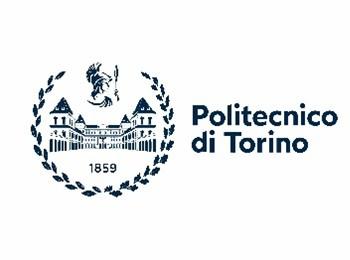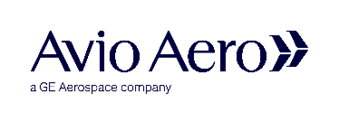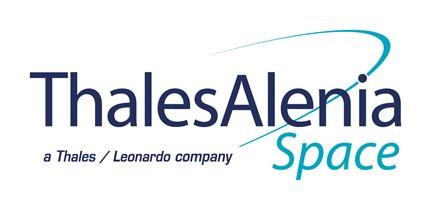
IS4Aerospace – Knowledge Transfer Innovation Infrastructure for New Aerospace Challenges is an initiative designed to address the emerging challenges of the aerospace industry.
The main innovation themes of IS4Aerospace include the digitalization of the entire product lifecycle, starting from design using supercomputers, artificial intelligence, and building digital twins of the aircraft. All this will enable: optimization of performance and fuel consumption, electrification of propulsion, intelligent management of thermal energy and onboard power, metamaterials, autonomous flight and integration between piloted and uncrewed aircraft, the study of pilot behavior, the adoption of adaptive learning solutions and digital assistance, and even space and interplanetary missions.
The project has a total value of €23.6 million and is funded by the Italian Ministry of University and Research (MUR) as part of the National Recovery and Resilience Plan (PNRR). The initiative is coordinated by Politecnico di Torino, with the support of Avio Aero, Leonardo, and Thales Alenia Space, which are co-financing the initiative through a public-private partnership.
IS4Aerospace also represents a first step towards the creation of the City of Aerospace, a project promoted by the Piedmont Region together with public and private partners, which will host joint laboratories for the research and development of strategic technologies for next-generation aircraft.
The infrastructure is designed to be highly flexible, enabling the development of various innovative technologies. Its evolution will take place through incremental paths, using approaches based on high-fidelity numerical simulations, artificial intelligence, and the creation of digital twins. The laboratories will be able to recreate individual systems, both through real components and simulations, and reconstruct an integrated environment that allows for a realistic representation of the various components and the aircraft, including their behavior under all operating conditions.
The contribution of the three companies will focus on different areas, specifically:
- Avio Aero will develop a High Performance Computing laboratory, designed to accelerate innovation in the integration of hybrid-electric propulsion systems for low-environmental-impact aircraft. This laboratory will simulate and validate the aerodynamic and acoustic response of propulsion systems, as well as model and test hybrid engines powered by sustainable fuels. It will also enable the creation and management of Digital Twins for the digitalization of components and propulsion systems.
- Leonardo will develop the first four laboratories of the AI.rcraft Innovation Center, focused on strategic areas for aeronautics. These laboratories will concentrate on solutions based on artificial intelligence and digital technologies for pilot monitoring, training, and advanced interfaces for automatic workload management in scenarios with piloted and uncrewed aircraft. Solutions for predictive monitoring of aircraft components and systems will also be developed, improving efficiency and sustainability. Special attention will be given to digital solutions for logistic support and predictive maintenance. Ground and flight testing activities will also be conducted at the Collegno Airfield, using experimental aircraft.
- Thales Alenia Space, through the “Materials One Point Service – MOPS” laboratory, will support space exploration projects, also offering services to programs not necessarily space-oriented. It will ensure fast and comprehensive acquisition of technological data and information useful for product design, making it more agile and competitive.
Politecnico di Torino will coordinate the activities of the laboratories, providing advanced expertise in the innovation areas proposed by the companies. It will also promote collaboration with local industries, helping to improve the competitiveness of the region and strengthen the supply chain at national and international levels, with a positive impact on the creation of high-skilled employment.




